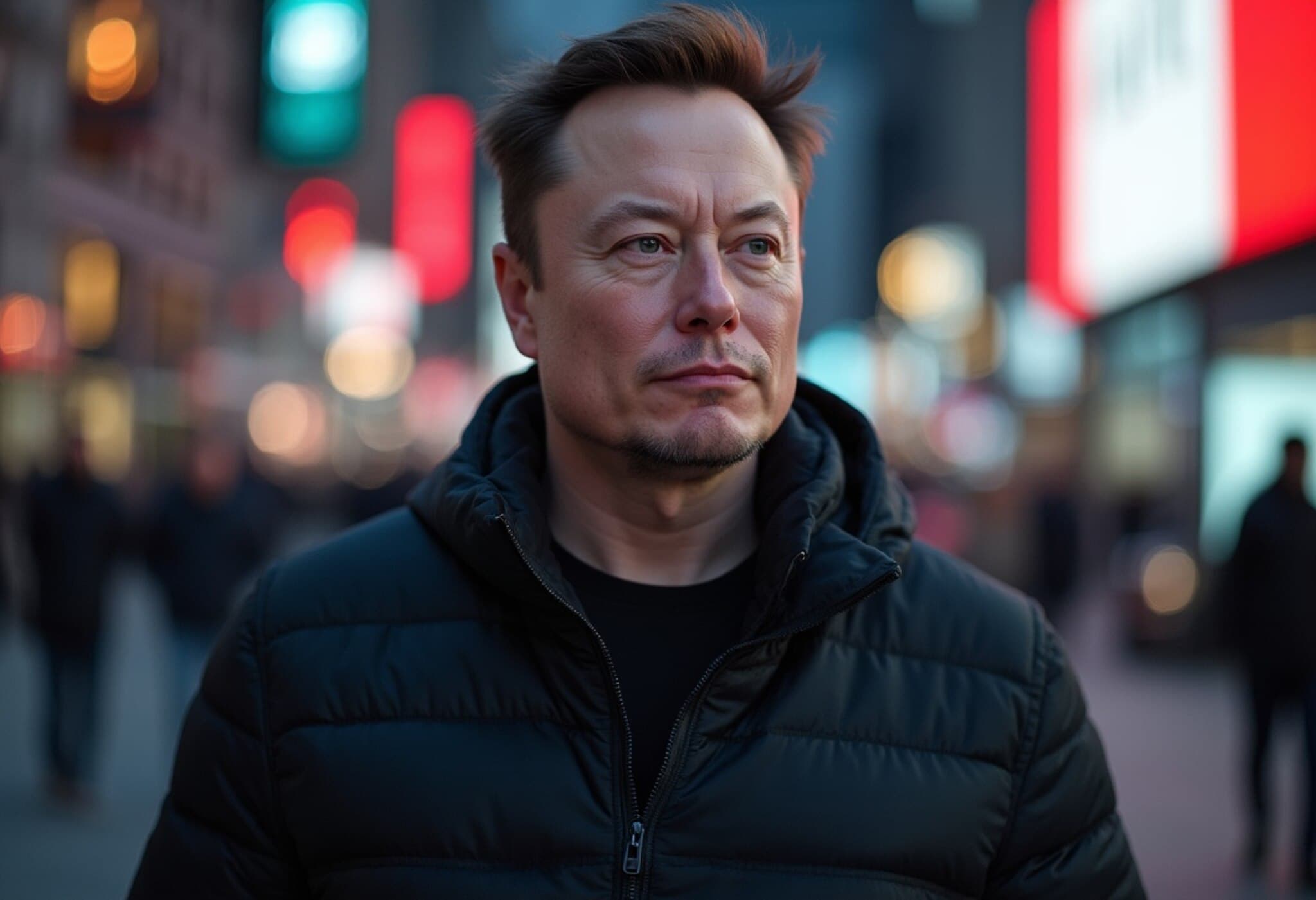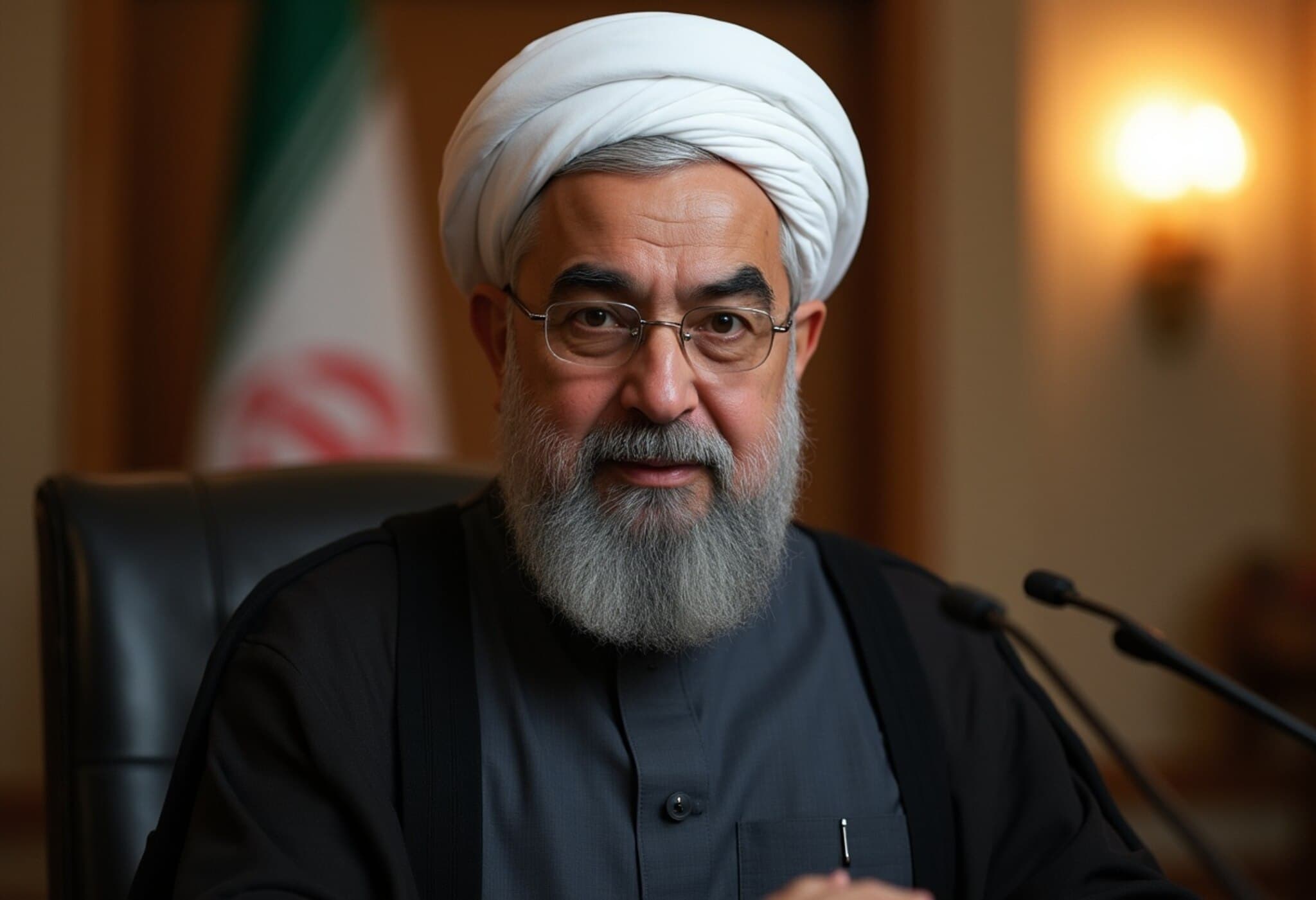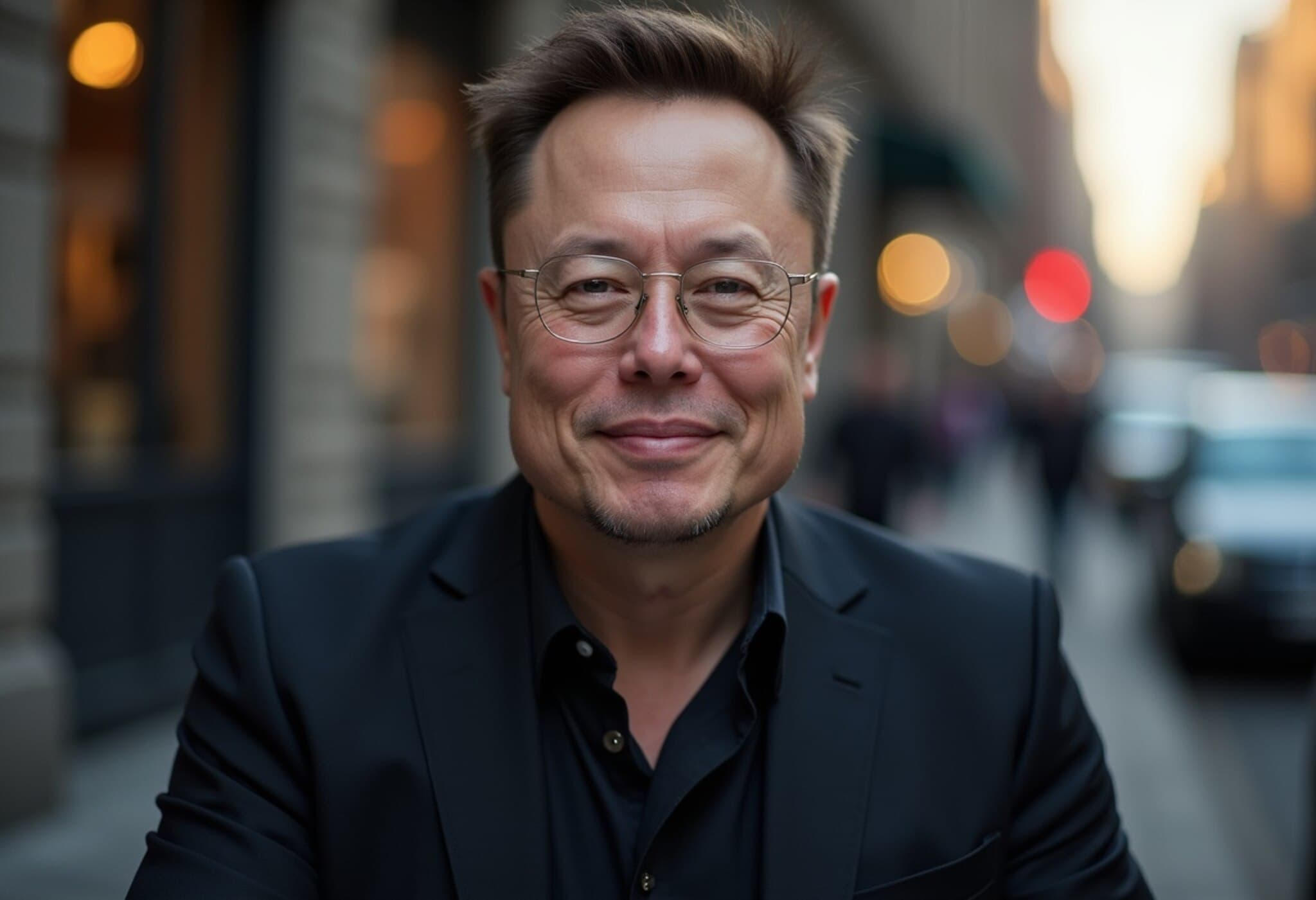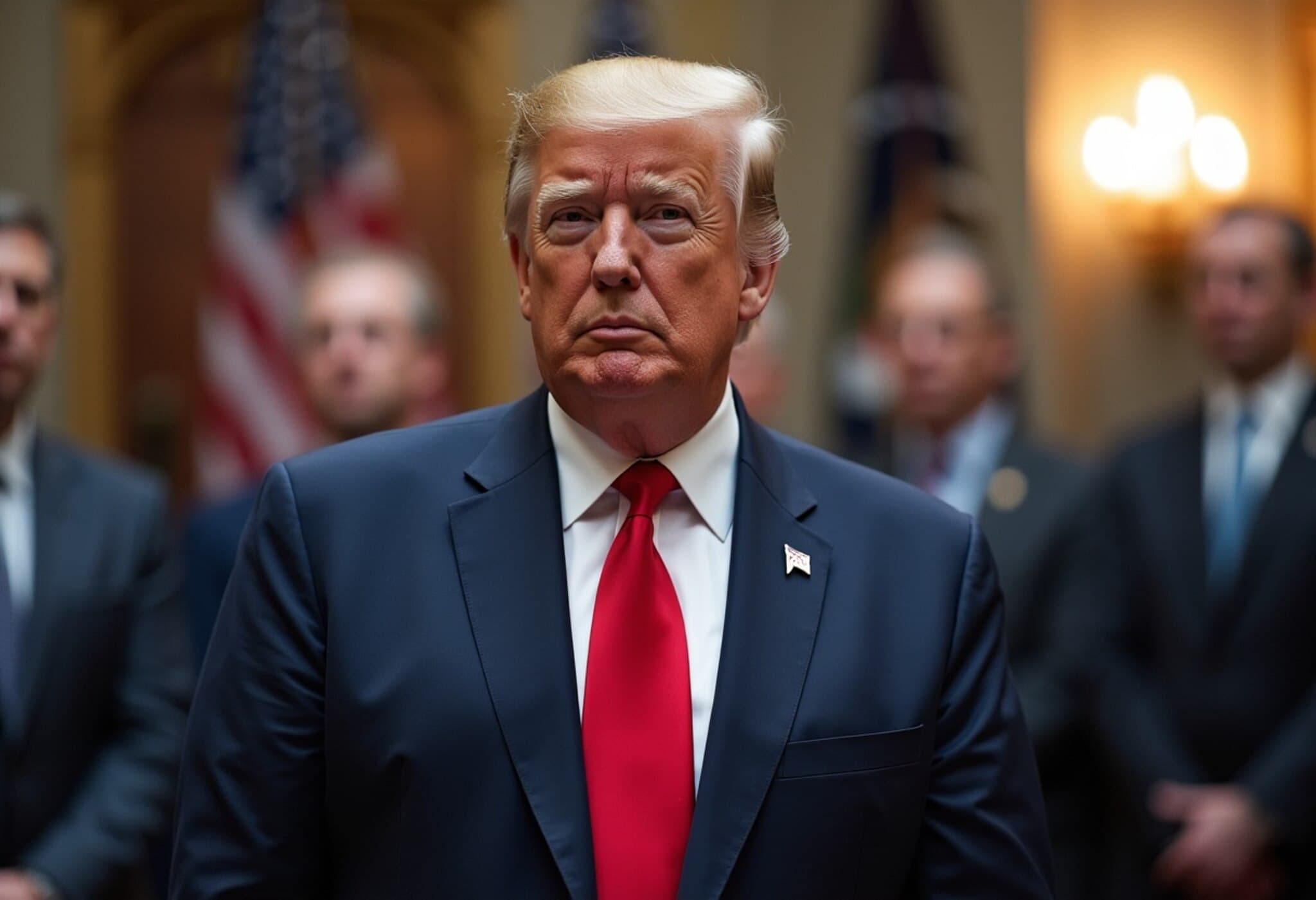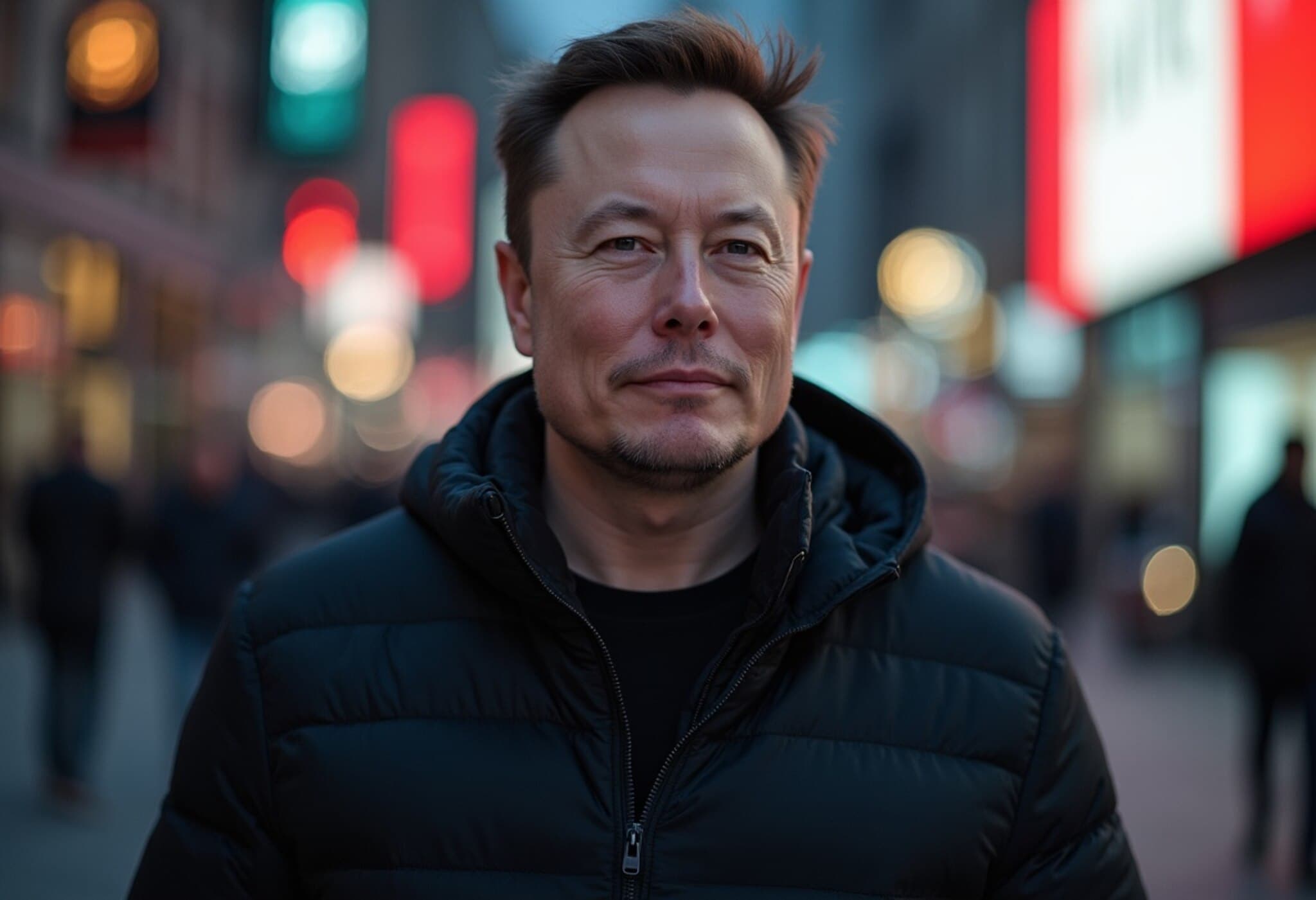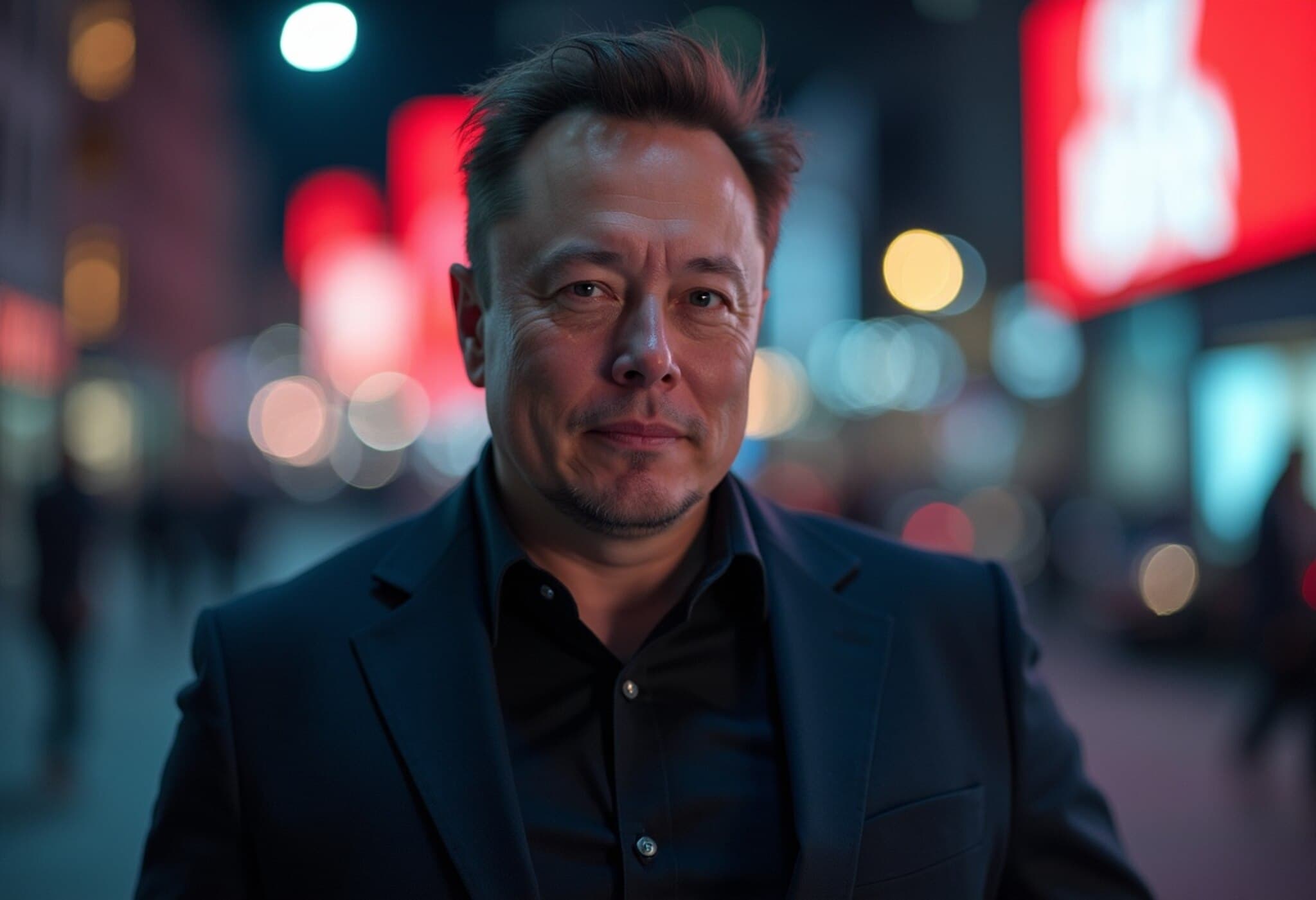US Voices Strong Opposition to France’s Criminal Investigation into Elon Musk’s X
On July 25, 2025, tensions escalated between the United States and France as Washington sharply criticized a French criminal probe targeting Elon Musk’s social media platform X. The investigation, initiated by Paris cybercrime prosecutors on July 11, accuses the platform and its management of possible foreign interference and alleged algorithm manipulation.
Background of the French Investigation
French authorities launched the inquiry following complaints that suggested the social network’s recommendation algorithm might have been exploited to distort political discourse in France. Notably, one complaint was filed by Eric Bothorel, a member of President Emmanuel Macron’s centrist party, who voiced concerns over diminishing diversity of voices on X since Elon Musk’s takeover. Bothorel highlighted fears that Musk’s personal influence could undermine democratic integrity by shaping public opinion and political outcomes.
Key Allegations and Legal Moves
- Alleged manipulation and extraction of data through automated systems.
- Suspicion of X operating as part of an “organized criminal gang” according to French prosecutors.
- Request for access to proprietary algorithms and real-time user data denied by X.
In response, X categorically denied all allegations, describing the probe as "politically motivated" and accusing French authorities of misusing legal frameworks to pursue an agenda that threatens free speech.
The US Perspective: Defending Free Speech and Digital Sovereignty
The US State Department’s Bureau of Democracy, Human Rights, and Labor used its official X account (formerly Twitter) to condemn the French investigation. They stressed that democratic societies must encourage free expression rather than pursue measures that silence dissent or unwanted speech, emphasizing a commitment to defending the rights of American citizens against foreign censorship.
This stance spotlights the broader geopolitical context: digital platforms like X have become battlegrounds for influence, raising urgent questions about algorithmic transparency, data privacy, and sovereignty over digital public squares. As governments worldwide wrestle with regulating powerful tech giants, the clash between the US and France reveals the complexity of balancing free expression with safeguarding democratic processes.
Elon Musk’s European Political Footprint
Elon Musk’s outspoken political views and actions have stirred controversy in Europe. His public endorsement of the far-right Alternative for Germany (AfD) party ahead of legislative elections sparked debates around the role of influential tech entrepreneurs in shaping political landscapes beyond their own borders.
Critics like Bothorel warn that unchecked power by digital platform owners risks undermining democratic resilience. "Democracy is too fragile to let digital platform owners tell us what to think, who to vote for, or even who to hate," he remarked after the probe's announcement, underscoring concerns over concentrated control of information flows in the digital age.
Broader Implications for Global Internet Governance
This episode invites reflection on critical issues:
- How can democratic societies enforce accountability without infringing on tech companies’ innovation and freedom?
- What standards should govern the transparency of algorithms that shape political discourse?
- How do cross-border politics affect the regulation of global platforms with headquarters and leadership in different countries?
As governments delve deeper into the digital realm’s political influence, this case exemplifies the urgent need for international dialogue and cooperative frameworks to balance rights, responsibilities, and freedoms online.
Editor’s Note
This unfolding conflict between the US and France over Elon Musk's X underscores the challenges inherent in governing digital platforms that transcend national boundaries but profoundly impact domestic politics. Beyond the immediate legal accusations, the situation raises pressing questions about algorithmic transparency, digital sovereignty, and the protection of free speech in an era where social media can sway elections and shape public opinion globally. Readers should watch closely as this legal and geopolitical drama evolves—setting precedents that could redefine how democracies regulate tech giants while preserving democratic values.

